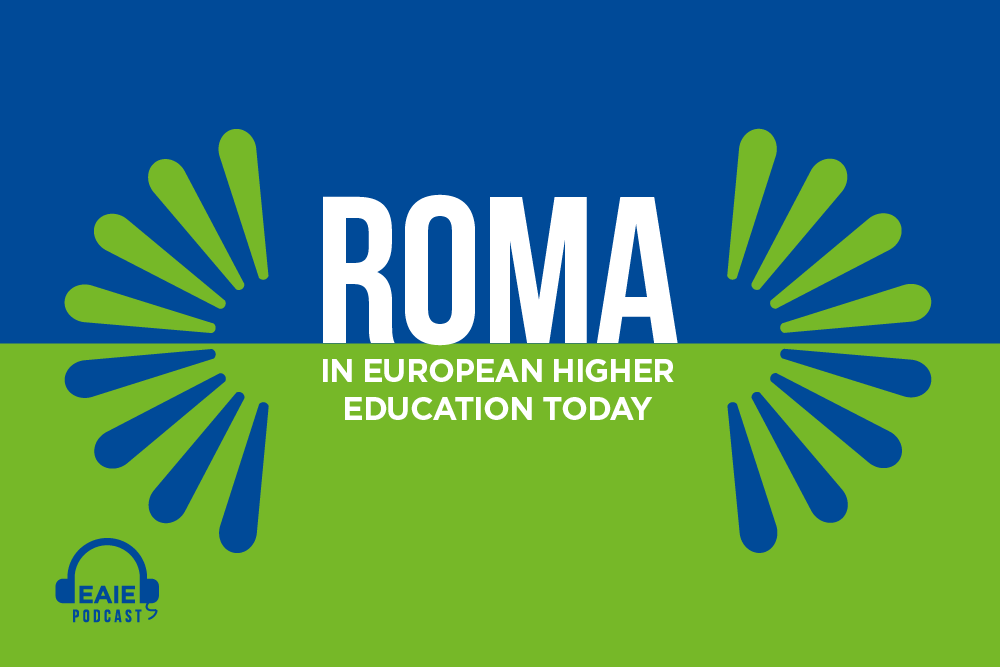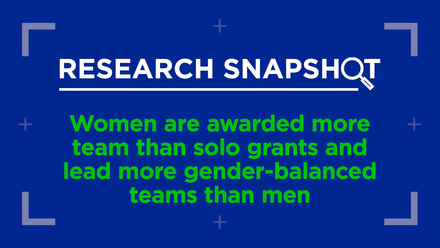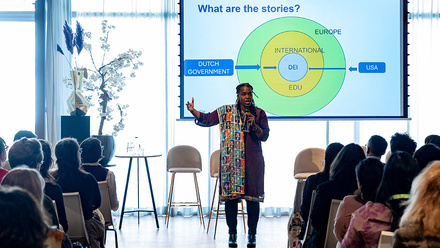Nadja Greku and Valeria Redjepagic: Roma in European higher education today

Since 1990, 08 April has been designated as International Romani Day, a significant day for Roma people across the world. An estimated 10 to 12 million Roma live in Europe, comprising the continent’s largest ethnic minority, yet rough estimates indicate that just 1 to 4% of the Roma population have a higher education degree, making it one of the most underrepresented groups at this level of education. What are some barriers to access to, or success, in higher education for Roma people that the international education community should be aware of?
In this podcast episode, we talk to Nadja Greku and Valeria Redjepagic, both young European Roma women with higher education degrees keen to encourage more Roma people in general – and women and girls specifically – to consider entering the higher education system. From gender dynamics in relation to participation in higher education for Roma people to examples of European universities actively working to promote the inclusion of Roma students, there is much to celebrate and aspire to when it comes to Roma in European higher education today.
About Nadja Greku
Nadja Greku serves as a consultant at the World Bank. She studied International Relations at the Central European University in Vienna, holds a BA-level degree in Sociology from the University of Novi Sad, and completed the International Interdisciplinary Romani Studies Postgraduate Specialization Program with distinction at CEU Budapest. Her research interests include governmentality and (in)securitization of Roma, as well as impactful policy-making in the fields of regional development and Roma inclusion. For the past ten years, she has volunteered with various Roma organisations in the Western Balkans region. She is currently researching the eviction of Roma during the Kosovo War of 1998-1999 to provide space for the collective memories of Kosovo Roma. She has published op-eds for LeftEast, European Roma Rights Centre, UDAR as well as a book chapter for the Roma Civil Monitor on Roma inclusion strategies and governmentality.
About Valeria Redjepagic
Valeria Redjepagic works as an adjunct teacher at Södertörn University, Sweden and as a researcher at Swedish Television (SVT). Her academic journey began at University West, Sweden, with a bachelor's degree in political science, followed by a master's degree in Human Rights from the University of Gothenburg. Valeria has also completed the international interdisciplinary research program for Romani studies at the Central European University in Budapest. Currently, she is involved in a research project on antigypsyism, homophobia and the rights of LGBTQI Roma and Traveller in the Nordic countries. Her research interest is how a modern nation-state with a universal welfare system with an egalitarian policy contrary to the promise to include everyone rather excludes certain groups of people, e.g. minorities and indigenous groups. In the last three years, she has been involved in other fields, for instance, leading a non-governmental organization focusing on Roma youth and children, producing podcasts (Romer i Fokus) to promote Roma inclusion, and presenting different Roma role models via Instagram account (Romska Förebilder).
Additional resources
For further insights into the topics touched on in this episode, the following resources may be of interest:
→ Call for applications for the Roma Graduate Preparation Program 2023/24






